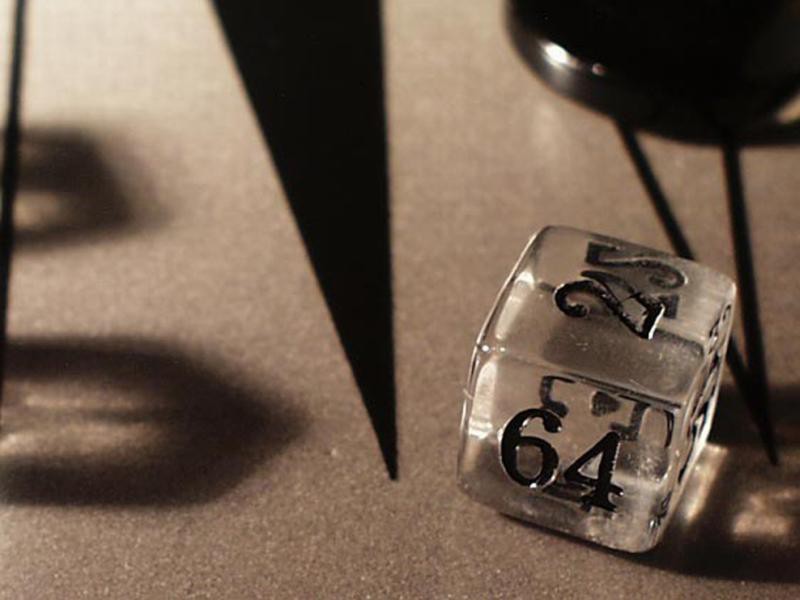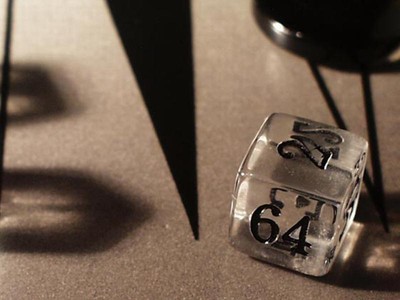

On Monday, the US Attorney for the Southern District of New York filed a second amended civil complaint in the Black Friday case seeking judgements against Full Tilt “Insiders” including Howard Lederer, Ray Bitar, Chris Ferguson and Rafe Furst.
The latest amendment alleges that proceeds derived from unlawful activities are subject to forfeiture as a result of their violation of the Travel Act. The amended complaint specifically states, “there is probable cause to believe that the Defendant Properties constitute, or are traceable to, property used in illegal gambling businesses.”
According to the DOJ, almost $444m was distributed to the 23 owners of Full Tilt Poker, a business it alleges was operating an illegal gambling enterprise which defrauded its customers.
As a result the government is seeking judgments against company “Insiders” in the following amounts:
- Raymond Bitar – $40.8 million
- Howard Lederer – $42.5 million
- Christopher Ferguson – $42 million
- Rafael Furst – $11.7 million
Included in the assets the DOJ has targeted are millions of dollars’ worth of real estate, automobiles and funds included in the Lederer retirement accounts.
Last week the US Attorney’s Office for (SDNY) alluded to the amended filing in response to the Lederer’s attorney’s request for a status conference.
Counsel for Lederer sought to discuss the possibility of dismissing the civil complaints against the Full Tilt insiders as a result of the decision in the Dicristina case where Judge Weinstein of the Eastern District of New York (EDNY) ruled that poker is a game predominated by skill and is therefore not subject to the Illegal Gambling Business Act (IGBA).
In the first amended civil complaint unsealed in July, the DOJ alleged that when Full Tilt was finally shut down, it had only $2.1m in available funds and over owed $29.1m in player withdrawals and owed payments. In total, approximately $300m in customer deposits were on file. But the money that was supposed to be segregated had been paid out in operating costs and exuberant payments to directors and shareholders, which is part of what the DOJ alleges amounts to fraud that it calls a “global ponzi scheme.”

